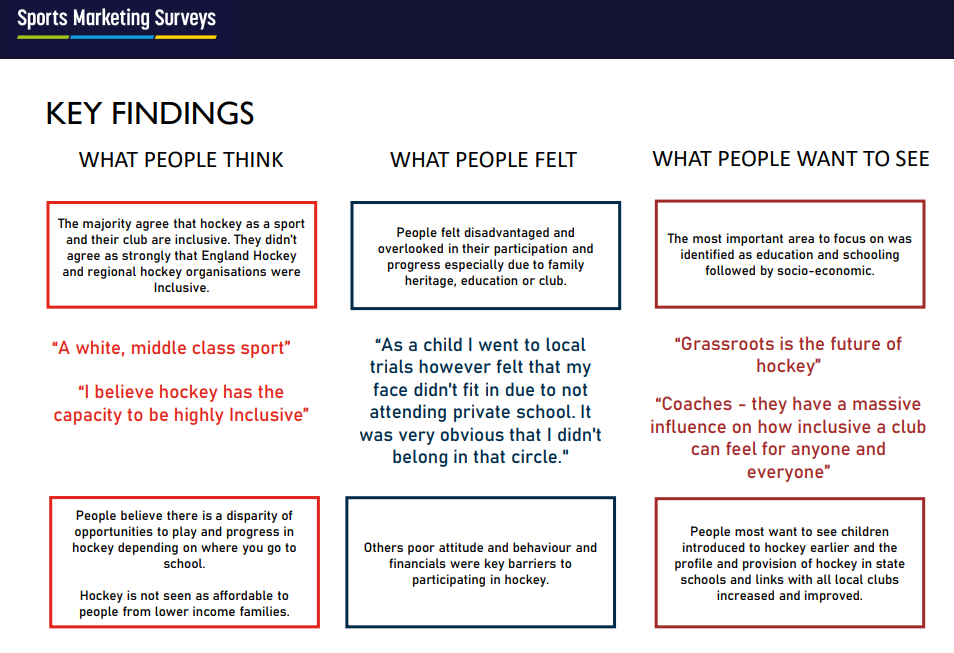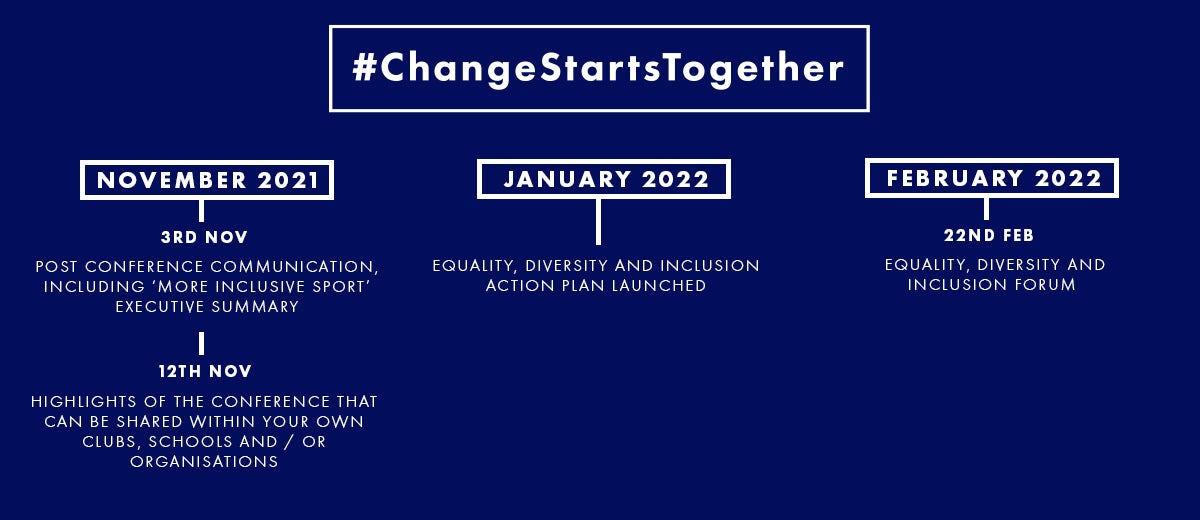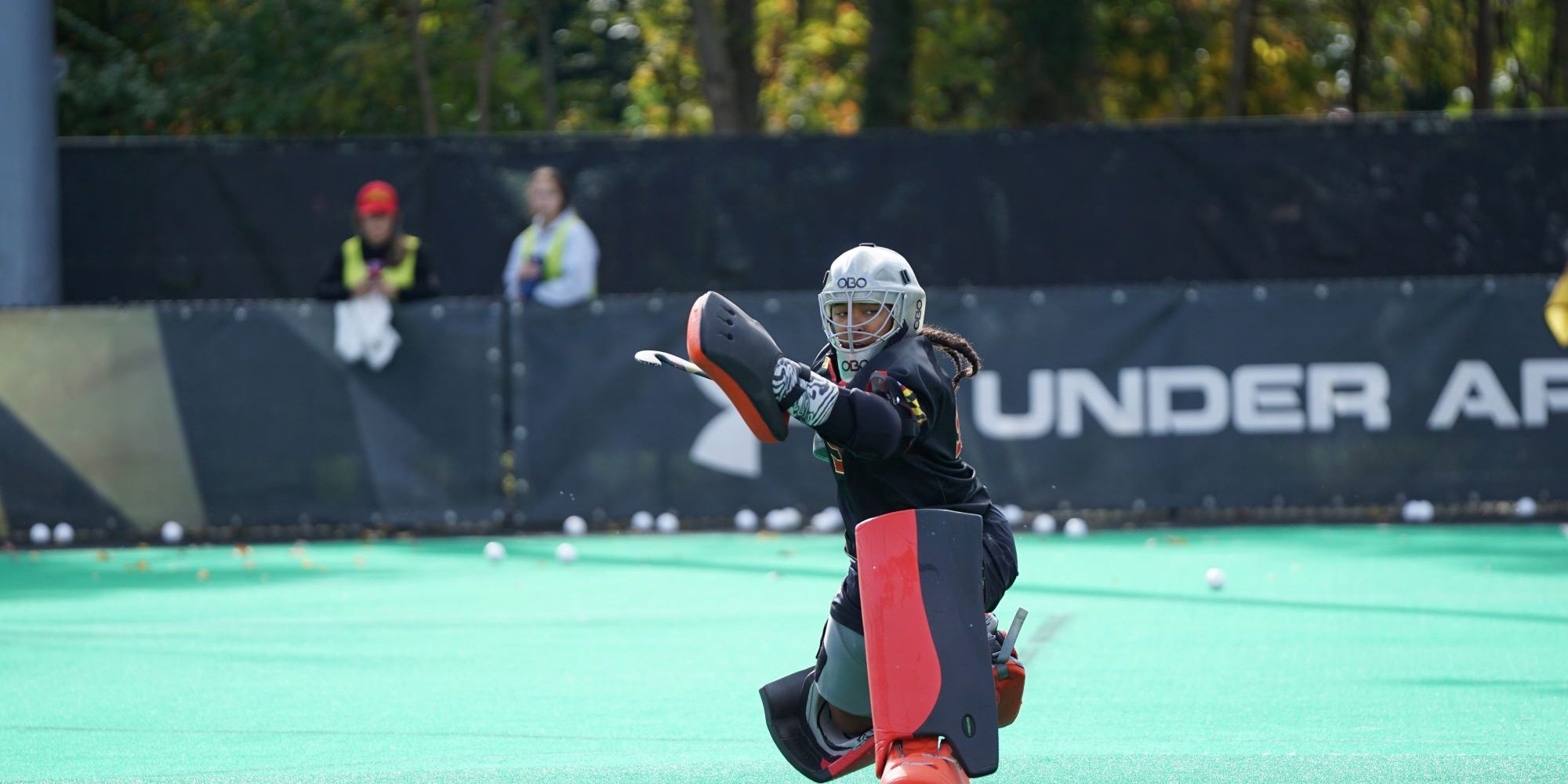Research has found that although hockey as a sport is generally seen as inclusive in England among engaged players, fans and spectators, there are a number of steps that can be taken to enhance the appeal of the game among broader sociodemographic groups.
Investigation
The findings from the More Inclusive Sport Survey were part of an independent research programme designed to inform England Hockey and their advisory group about:
- The hockey family’s attitudes and opinions on ED&I’s in the sport.
- The lived experiences of people engaged in hockey, including the barriers faced by people from a variety of backgrounds.
- Ideas and recommendations for how hockey could become more inclusive.
In short, England Hockey felt it was important to proactively consider what it can do to ensure that hockey appeals as much as possible to people from all backgrounds and from across England. The resulting research was unveiled as part of England Hockey’s Equality, Diversity and Inclusion conference titled #ChangeStartsTogether, on the 2nd November.
Anonymity was a key pillar of the research programme in order to encourage frank, open testimony. Sports Marketing Surveys was commissioned to compile the research independently with this in mind.
Insight
Overall, the majority of respondents agreed that hockey as a sport is inclusive, that it has inclusive values, and that their own club is inclusive.
That is not to deny that there is scope for progress. One of the most commented on themes in the research was the perception of a disparity in opportunity between state and independent schools. Given that an overwhelming majority of hockey participants are first exposed to the sport during school, this is a key challenge. The findings also indicate that hockey can sometimes be perceived as a white, middle class sport and that this can deter participants from different backgrounds. Making the sport more accessible in state schools, and also clearing pathways into hockey for adults for underrepresented groups who have never tried the sport are key priorities moving forwards

Like other team sports, hockey also has financial barriers to entry including equipment, membership and match fees, facilities, and travel.
Hannah Sprake, Senior Sports Development Insights Manager at SMS, commented:
“By committing to make itself aware of these issues, and then to put them in the public domain, England Hockey is clearly signaling that it cares about change. It wishes to optimize the experience of the sport for its current players, but it also wants to ensure that historic and current barriers to entry are broken down as quickly as possible in order to make the sport as accessible and welcoming for future generations of hockey players.”
Action
To this end, England Hockey has also unveiled an action plan entitled #ChangeStartsTogether, to try and enhance equality, diversity and inclusion within the sport. Following the conference, England Hockey has shared the key insights from the report in the public domain. After reflecting on the findings and considering detailed proposals, in January, the governing body will launch an equality, diversity and inclusion action plan

Overall, the majority of respondents agreed that hockey as a sport is inclusive, that it has inclusive values, and that their own club is inclusive

